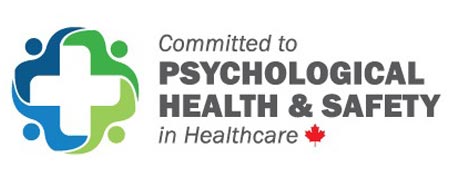Life can be overwhelming. Going to school and caring for yourself might feel like it’s too much to handle. If you are thinking of taking a break from school, let’s check-in for a moment. It’s important to know your options so you can become mentally healthy again.
What Is a Leave of Absence?
A leave of absence is a period when a student is not enrolled in classes but intends to return to school in the future. You might not know if you are definitely returning and that’s okay, but don’t close the door on returning unless you are 100% sure. Taking a leave of absence allows you to return to school without going through the admission process again.
Academic programs understand that a student’s life can be complicated, and they have developed policies and procedures that allow students a chance to take a break from school. Students might want a leave of absence for many reasons, such as family emergencies and medical or mental health conditions. Leaves can last anywhere from a few weeks to a few years.
For leaves related to mental health, schools have different policies and procedures depending on the circumstances. Your school might call the leave something different: Medical Leaves of Absence, Emergency Leaves or, in some cases, Involuntary Leaves of Absence.4
You will want to consider how long you plan to be away and be realistic. Consult a school counsellor, family, and friends. Academic programs do have limitations on the length of time away so you will want to find out what the maximum amount of time can be.
What Should I Consider Before Making a Decision?
| Getting started… |
| 1. Reach out to family and friends for help. |
2. Reach out to your academic program. |
3. Discuss and prioritize your options. |
4. Make and formalize a plan. It’s okay if your plan needs to change across time. |
5. Focus on recovery. Your mental health comes first. |
Mental Health America has some good points to consult. You may consider a leave of absence if:
- Your mental health is disrupting your ability to participate in academic and campus life, even with supports and accommodations.
- You feel you are in crisis or that your level of distress is becoming intolerable.
- You believe the stress and pressure of college is seriously disrupting your ability to focus on recovery.
- You feel you need an increased level of care.
- You are not able to access the services you need at your college or university.
- You feel that time away from classes would be beneficial for your long-term well-being.
Remember, it is not always necessary to leave even if you feel like it. Academic programs have many programs to help students; you just need to ask for help and see what they can offer you. There are career counsellors, doctors and mental health specialists on campus at all times for a reason.
Here are some articles to help you think through your leave of absence and why you should try to stay on campus if possible:





